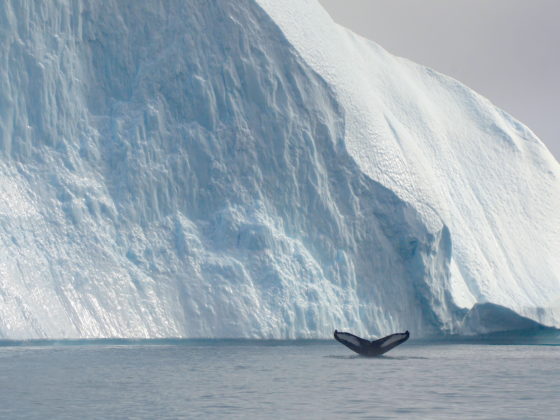Anyone hoping to one day visit a pristine Arctic to whale watch or see polar bears, or perhaps more to the point — the wildlife and communities of the Arctic region itself — just had important safeguards put in place by the Obama administration.
Together Obama and Canadian prime minister Justin Trudeau banned oil and gas drilling in 115 million acres of the Arctic Ocean and 3.8 million acres of the Atlantic Ocean. The move happened it in such a way that it will be tricky for the incoming Trump administration to overturn. (Trump has promised to make fossil fuel mining and drilling across the nation’s lands and waters a central feature of his economic program – and seems to be serious if we look at his EPA pick.)
